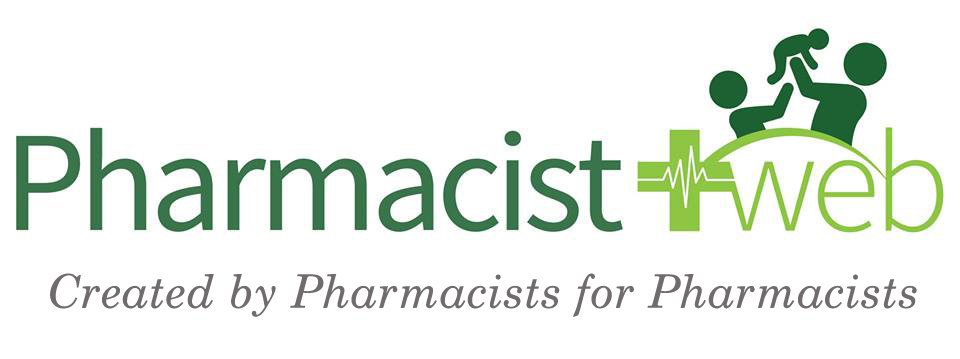It has been well documented that the NHS faces a great deal of financial challenges, yet the NHS is investing 15 million pounds in practice pharmacist. So, I began to wonder as to why such a radical yet innovative decision has been taken by the NHS. This article aims to explore this mandate and analyse its potential benefits and pitfalls to the public and the NHS.
What is a practice pharmacist?
A practice pharmacist, literally put is a pharmacist working within a GP practice. They utilize a plethora of their skills to the benefit of the practice, these skills include: clinical, dispensing, consulting and medicines management skills. They are able to benefit the surgery and help free up GP time in a tremendous way through a variety of activities such as:
- Dealing with GP repeats prescription enquiries or discrepancies.
- Practice pharmacist, are able to triage patients and provide consultation for patients visiting the GP surgery for minor ailments.
- Provide medicines use review consultations – in accordance with GP QOF requirements
- Prescribe medicines for patients
What benefits can a practice pharmacist bring to a GP surgery?
Practice pharmacist can help GP surgery and the NHS in a variety of ways, but I will list the following main areas:
- Reduce polypharmacy
- Patient safety – Reduce prescribing errors
- Improve QOfs and health outcomes
- Reduce medicines wastage
Not all plain sailing
Like any new transition, there will be challenges. Below are a few challenges, which are foreseeable.
- Culture transition
- Technical transition
4 stages of transition
It is important for stakeholders to be conscious and aware of the transition and movement of energy that will occur during this process.
- Forming:- during this stage, the team is being formed. Imagine a baby that has just being born; it doesn’t have a name, lacks identity. Likewise, this new GP team, which has incorporated a Pharmacist, also lacks identity. The pharmacist may not be certain as to his or her exact role. Neither, may the other healthcare professionals and colleague within the GP surgery. Leaders in the Surgery may be constantly asked to clarify or verify certain grey areas or uncertainty. At this stage there will be some inefficiency within the team.
- Storming:- This is an interesting period where a lot of exploration occurs within the team. There may be disagreements or conflicts between the pharmacist relationship and the GP surgery. This is natural, as both parties begin to understand each party’s agenda, values and requirements. A separation or a grouping within the GP surgery colleague may occur, perhaps those who agree with the role of a practice pharmacist whilst there may also be some who don’t. At this stage, identity of the group is beginning to take shape, as negations and compromise occurs.
- Norming:- The team begins to set boundaries and agreements on how the team should work. Their maybe changes of SOPs, and alterations or incorporations of ideas. The surgery would have along with the pharmacy team identified an agreed way of practicing which is beneficial to the team and patients.
- Performing:- At this point, every member of the team can be said to be on the same page. They are more aware of colleague differences and it can be said that the goal of the team takes precedence. Thus the team is able to drive effectively towards meeting their QOF targets for example.
- Adjourning: – All good things must transcend and thus there will be a process of adjourning the team after a certain period. This may occur due to a colleague promotion, a new project in the GP surgery or role retirement.
Thinking of moving or already working within a GP practice? Contact us for help or support.



